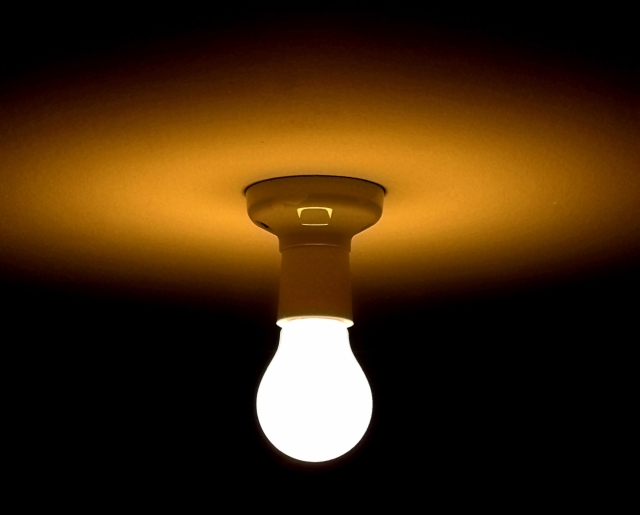Cisco gave a media and analyst briefing earlier today on the Internet of everything looking at how various technologies can help with tasks ranging from reducing traffic accidents to improving productivity which I’ll write up later.
One of the analyst’s questions though is worth pondering – “what happens when the power goes out?”
For most of the industrial processes discussed by Cisco and the panellists, this would be a hassle but most of the systems would, or should, be designed to fall back to a default position should the power fail.
On a much bigger scale though this is something we don’t really think through.
In modern Western societyour affluent lifestyle is based upon complex supply chains that get the food to our supermarkets, fuel to our petrol pumps, water to our taps and electricity to our homes.
Those chains are far more fragile than we think and few of us give any thought to how we’d survive if the power was off for more than a few hours or if the shop didn’t have any milk and bread for days.
It’s one of the fascinating thing with the end of the world movies. When the meteorite hits or aliens take over then our power and food supplies probably have only 72 hours before they dry up.
After that, you’ve probably got more to worry about your neighbours trying to steal your hoard than being ripped to pieces by zombies.
Most of us probably wouldn’t cope without the safe, comfortable certainties which we’ve become used to.
One thing is for sure — if the power does fail, then most of us will have more to worry about than whether our smartphones are working or whether our geolocating, internet connected fridge is tweeting our wine consumption.

Leave a Reply